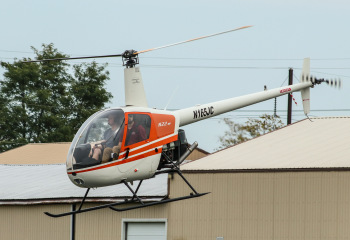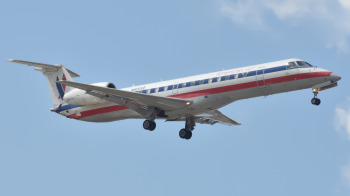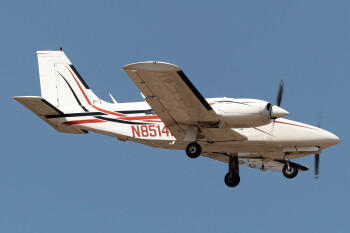The Virgin Atlantic story began in 1984, when British entrepreneur Sir Richard Branson founded the airline in a bid to break the British Airways’ monopoly on transatlantic flights. The airline was set up to offer a higher standard of service and a more relaxed atmosphere than other airlines at that time. Over the years, the airline has grown and evolved to become a leading player in the aviation industry, with a modern fleet and an extensive network of destinations.

The airline’s first flight took off from London’s Gatwick Airport to Newark, New Jersey in June 1984, with a leased Boeing 747-200. In the early years, the airline’s fleet was mostly composed of Boeing 747s and Airbus A340s. The airline has since added a variety of aircraft to its fleet, including the Boeing 787 Dreamliner and the Airbus A330-200. As of 2021, the airline operates a total of 43 aircraft, including 34 Airbus A330-200s, 5 Boeing 787-9s, and 4 Boeing 747-400s.
Throughout its history, Virgin Atlantic has experienced a number of important milestones and events. In 1987, the airline launched its famed Upper Class in-flight experience, featuring lie-flat beds and a unique in-flight entertainment system. The following year, the airline opened a new flight school in Florida, which is now the largest flight school in the U.S. In 2003, the airline became the first in the world to operate a flight powered by biodiesel fuel. In 2004, the airline launched its Flying Without Fear program, offering special courses to help nervous flyers overcome their fear of flying.

In more recent years, the airline has experienced several significant events. In 2015, the airline announced that it would be merging with rival carrier Delta Air Lines, forming a joint venture. The joint venture, which was finalized in 2019, has enabled the two airlines to expand their route networks and offer more competitive fares. In 2019, the airline launched its first ever loyalty program, Virgin Atlantic Flying Club, giving customers the opportunity to earn and spend points on flights, upgrades and more.
Unfortunately, the airline has also experienced some negative events in its history. In 2000, one of its Boeing 747s was involved in an accident while landing at London’s Gatwick Airport. In 2010, the airline was the subject of a federal investigation by the U.S. Department of Justice, which found that the airline had engaged in a price-fixing scheme with other airlines. The airline was forced to pay a $300 million fine as a result of the investigation.
Despite these setbacks, Virgin Atlantic has continued to grow and evolve over the years. The airline remains committed to providing its passengers with a unique and memorable flying experience, with modern amenities and a focus on providing excellent customer service. As the airline looks to the future, it is sure to continue to be a leader in the aviation industry.





Comments